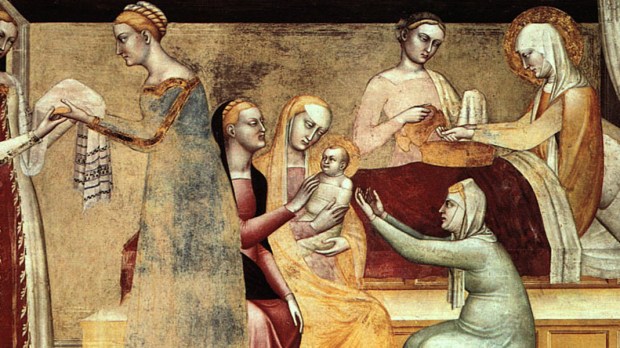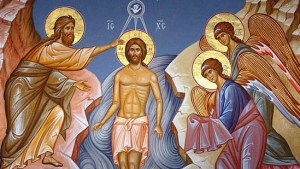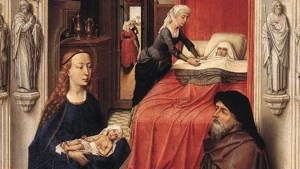Lenten Campaign 2025
This content is free of charge, as are all our articles.
Support us with a donation that is tax-deductible and enable us to continue to reach millions of readers.
The Church celebrates on September 8 (when it doesn’t land on a Sunday) the Nativity of the Blessed Virgin Mary. It is a day of great joy for the Church, as it honors the coming of the Mother of God from her mother’s womb into the outside world.
In many ways this feast is seen as a beginning. For many Eastern Christians this is made very clear as it is the first major feast of the Byzantine liturgical year.
Beginning of salvation
Dom Prosper Guéranger illustrates this idea with various quotes from several saints in his Liturgical Year:
Andrew of Crete calls this day a solemnity of entrance, a feast of beginning, whose end is the union of the Word with our flesh; a virginal feast full of joy and confidence for all.
St. John Damascene offers a similar reflection:
“[C]ome hither,” cries St John Damascene, “come race and every tongue every age and every dignity, let us joyfully celebrate the birthday of the world’s gladness.”
St. Peter Damian goes even further, calling it the “beginning of salvation”:
“It is the beginning of salvation, the origin of every feast,” says St Peter Damian, “for behold the Mother of the Bridegroom is born. With good reason does the whole world rejoice to day and the Church beside herself bids her choirs sing wedding songs.”
The saints saw in this feast a great starting point, foreshadowing what would happen when Mary would say “Yes” and conceive the Savior of the World in her womb.



